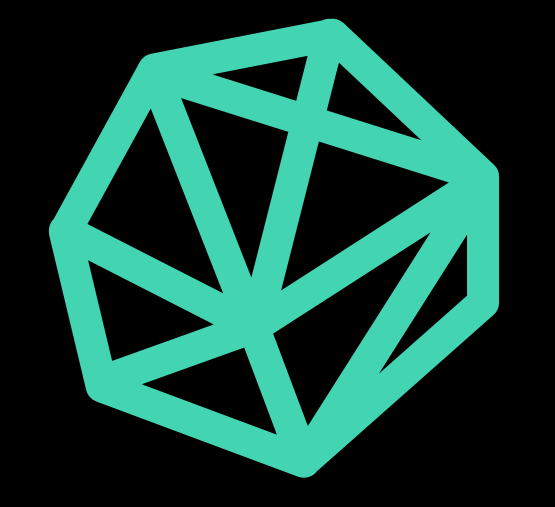PART 1: Why hatch? - the hatch difference
hatch at a glance
On top of these numbers, there are four aspects built into hatch London that helped us achieve diversity.
Aspect #1: Team formation
Every team of 4 or 5 had at least 2 of whom were coders (the rest being non-coders), and at least 2 were female. This achieves two aims:
Gender diversity
hatch aims to tackle some of the more subtle root causes of the lack of female representation in the tech industry. It address more psychological causes, such as imposter syndrome, which are commonly deterrents operating to discourage females who otherwise might consider a career in tech.
Skillset diversity
There is currently a huge gap between technical and non-technical skillsets; technical and non-technical teams in companies tend to work in isolation from each other, and as a result struggle to communicate with each other effectively. hatch aims to help university students understand the importance of and to see in action the value of ensuring that the team respects and welcomes the unique contributions of members from a diverse set of skills and backgrounds.
Aspect #2: Mentorship
Our sponsors have sent us an awesome cohort of highly experienced and enthusiastic mentors, who are also diverse by way of gender, skillsets and background. Mentors gave not just knowledge, but moral support to participants even when the going gets a bit tough over the weekend.
Aspect #3: Sprint methodology
Unlike a traditional hackathon, the weekend was divided up into 8 ‘sprints’, which, over just one weekend, takes participants through the entire lifecycle of building a startup from scratch (typically taking around 2 years in real life). Coders who are not used to thinking entrepreneurially (e.g. thinking about to how to monetise an app) were challenged to do so for the first time, whilst non-coders are invited to explore the basics of coding from their technical teammates.
Aspect #4: Workshops
Starting off with Eddie Jaoude’s workshop “You Can Code, Too!”, tailored for those who have not yet acquired coding skills, participants were introduced to something that they could relate to in the rise of social media today: ‘social coding’ on Github. Eddie, as well as coders and volunteers, made sure to approach coding in a way that was easily comprehensible and interesting for those who have always been interested to learn more about tech but have been intimidated.We also catered for a more technical audience with Vodafone’s walkthrough of Pandas and how knowledge in Python can be used to develop data analysis skills, as well as Google Deepmind’s introduction to TensorFlow, its open source machine learning framework.






